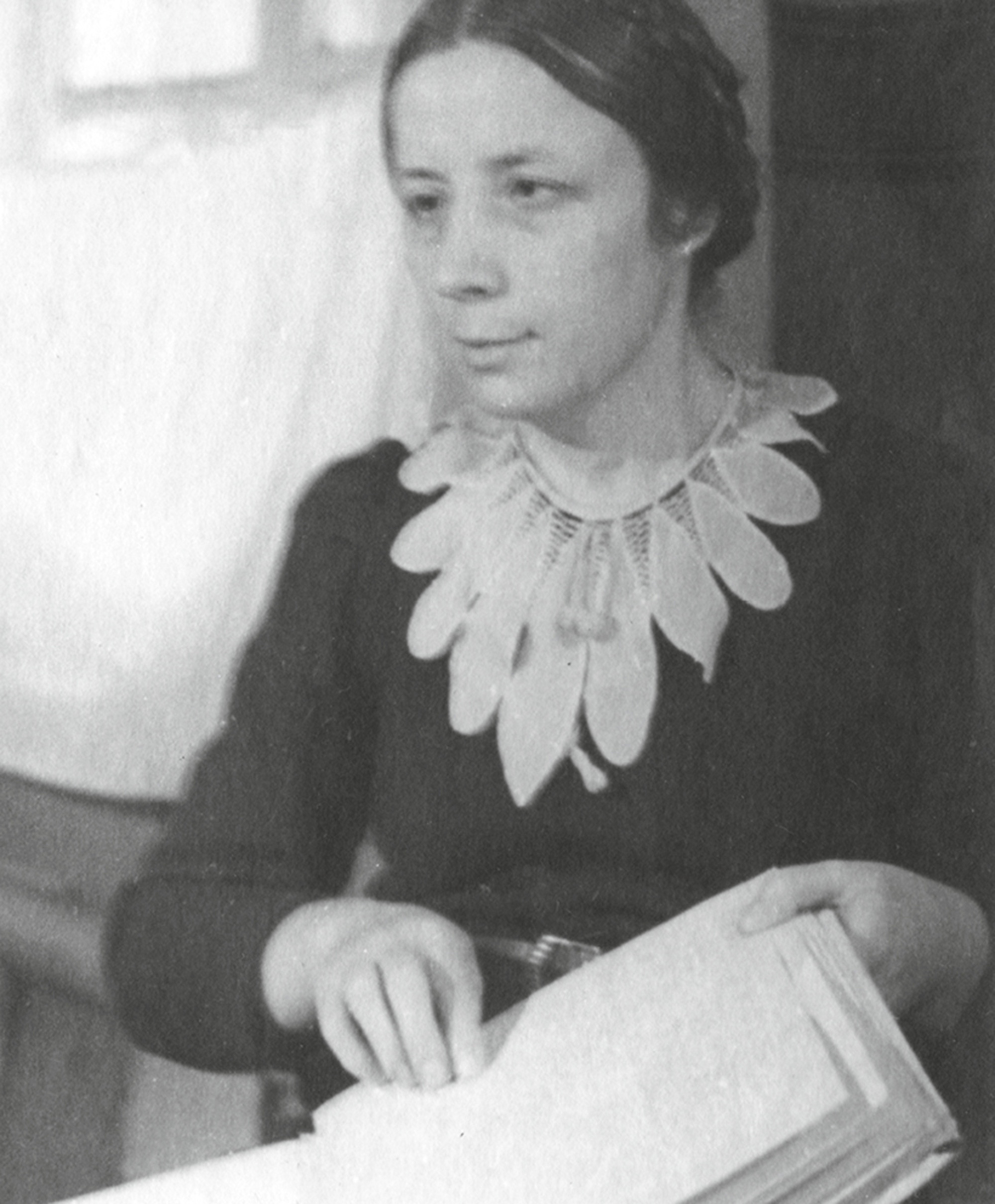Cactus Life
Soviet “defectology” and the status of the deaf-blind patient
Justin E. H. Smith
Soviet philosophy made it all so easy—it told you which side was right. The fundamental question of philosophy was: “Which came first, mind or matter?” and the correct answer was: “Matter.” The history of philosophy was then divided up, to recast an old distinction, into the goats and the sheep, or at least into the evolutionary ancestors of modern goats and sheep, of modern idealists and materialists. The ancient atomists? Not bad, for an era of slavery. The French Enlightenment? Materialist, but still “vulgar” materialist, and not at all dialectical.
But one must not suppose that this easy typology left Soviet philosophers with little else to do, for this would be to leave out the many possible social applications of the basic philosophical truth that matter is prior to mind. The epistemological corollary of matter’s primacy is the victory of empiricism (though not the vulgar kind) over rationalism (which is always vulgar): there is no knowledge prior to experience, there is no self that exists prior to entry into the web of social relations. This means that it is precisely the character of one’s formative social relations that brings the individual person into existence. And this means, in turn, that while Western Marxist philosophers were busy theorizing the state, hegemony, and dodecaphonic music, their Soviet Marxist counterparts had largely retreated into that gentle and somewhat plain sub-discipline known as the “philosophy of education.”

But they were not all avuncular John Deweys or materteral Montessoris. Some were intent on exploring the very frontiers of education, discovering how a proper Soviet citizen could be forged from even the most adverse circumstances. The science of “defectology” grew up in response to the challenge of educating children with physical and cognitive impairments in such a way as to endow them with the fullest range of human experiences possible, and the deepest moral and intellectual characters. Perhaps the greatest challenge for Soviet defectology was posed by the deaf-blind child, for here was a case in which two of the most important senses for apprehending the nature of material reality were blocked.
The Russian compound word for the state of being blind and deaf, slepoglukhota, is sometimes lengthened to slepoglukhonemota: the state of being blind (slepoï), deaf (glukhoï), and unable to speak (nemoï). It is interesting in this connection to note that the Russian word for a German, nemets, derives from the word for “mute”: a German is someone who cannot speak, and thus, presumably, who is not really a person at all. This lexical item may be taken however as an archaism, since Soviet defectologists would maintain that whether one is able to speak, or indeed hear others speak, is not really the crucial question at all in determining personhood. Indeed, for them, the overwhelming focus on language among applied psychologists in the West was a sure sign of their mistaken idealism. To attempt to draw the language out of a deaf-mute child, Soviet defectologists maintained, is to suppose that this language preexists, and such a supposition rests on a deeper supposition, the gravest philosophical error of all: belief in an immaterial, immortal soul.